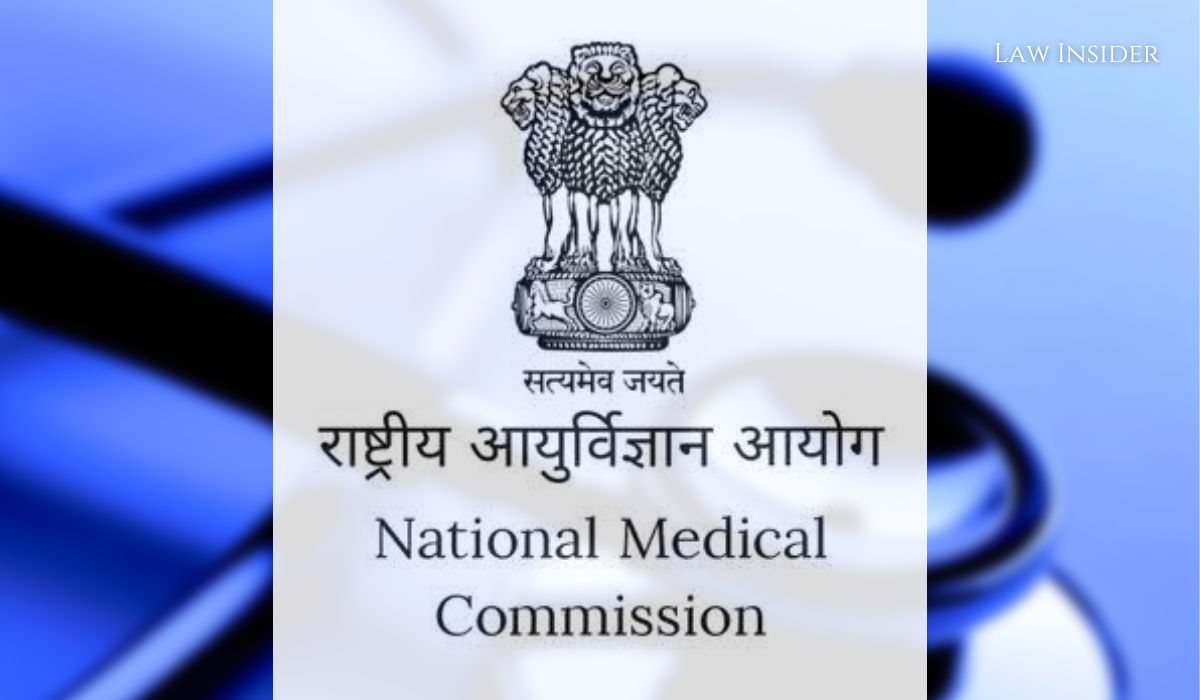Sakina Tashrifwala
Published on: October 4, 2022 at 20:04 IST
On Friday, the Supreme Court decided to hear the petitions challenging the validity of the National Medical Commission’s (NMC) decision requiring that the fee for 50% of seats in Private Medical Colleges and Deemed Universities be equal to the fee in Government Medical Colleges in the State and Union Territory on October 21, 2022.
The NMC issued an office memorandum (OM) on February 3, 2022, mandating that 50% of the seats in Private Medical Colleges be filled,
“Fees in Government Medical Colleges in a specific State shall be comparable. Furthermore, it is planned that the advantage of such a price structure will be made accessible initially to applicants who have obtained Government quota seats, but only up to 50% of the total sanctioned strength of the particular medical college/deemed university.”
Mr. Maninder Singh, arguing on behalf of the petitioner, told a Bench comprised of Justices DY Chandrachud and Hima Kohli that the impugned OM of the NMC is “so problematic” that it has been stayed by three High Courts: Kerala High Court, Madhya Pradesh High Court, and Madras High Court.
In reality, the Madras High Court ruled that the challenged notification was “wrong in law” and remanded it to the regulator.
Mr. Singh informed the bench that because the High Courts in their respective States had stopped the implementation of the notification, the petitioners were forced to approach the High Court seeking relief for medical institutes across the country.
At first sight, Justice Chandrachud questioned the legality of the NMC’s challenged OM.
“How can you state that 50% of seats in private medical institutions will be the same as in government medical colleges?”
Justice Chandrachud advised Advocate Gaurav Sharma, who was appearing on behalf of the NMC, to file a transfer petition so that the Supreme Court could transfer all of the matters in this regard to itself or consolidate them and send them to the Delhi High Court or any other High Court for disposition.
Mr. Singh stated that the NMC’s contested OM violates three Constitution Bench decisions that have established the law in this area. He said that no law could overturn a court’s ruling.
In light of this, he requested the Supreme Court to consider the petitions before it without transferring them.
Background
According to the petition filed by Association Of Health Sciences Institutes (AHSI), the Supreme Court has repeatedly stated in various judgments that the method for determining fees will be subject to various guidelines such as facilities available in the college, infrastructure, age of investment made, plans for expansion, and so on.
The petition highlighted, “…Impugned OM is entirely arbitrary, ultra-vires and unconstitutional. It has no existence in the eyes of law. It is contrary to the declarations made by this Hon’ble Court prohibiting any such stipulations which have been sought to be imposed by the Respondent on the fundamental rights guaranteed to the private unaided educational institutions such as the Petitioner, under Part III of the Constitution of India”,
The guidelines set forth in the contested OM go beyond the authority granted to the NMC and have no legal standing.
According to the petition, the only entity with the jurisdiction to establish medical college tuition is the Fee Fixation Committee in each state, which is presided over by a retired High Court judge.
“….provisions of NMC Act, including Section 10(1)(i) thereof, NMC has not been empowered to fix the fee or fix any such stipulation having the mandatory effect of reintroducing the features of the Unni Krishnan Scheme [where 50% of the students are to be charged only the Government fee, which was held to be unconstitutional] and to not to allow the unaided private institutions to recover the fee fixed by Fee Committees from all the students in a uniform manner so as to recover its expenditure and also a reasonable profit/surplus for its expansion.”
According to the petitioner, private unaided colleges can set the yearly price to be paid to students.
This fixation is subject to the Price Committee’s oversight to ensure that there is no profiteering and that the fee paid enables private unaided institutions to recuperate their expenses as well as an acceptable profit/surplus for future growth.
“…this Hon’ble Court having held the right of each private unaided institution to recover all its expenditure and reasonable surplus/profit in imparting the higher education from the students, 49 there is no permissibility to the State or any of its agency to venture into imposing any restriction and / or prohibition of any manner in this behalf……”
“Each institution has the right to collect an annual fee from each student accepted to the college [save for NRI seats]. The government cannot intervene in this matter in any way.
The NMC’s judgement was challenged on these grounds.
The Supreme Court gave notice in the petition on September 5, 2022.

